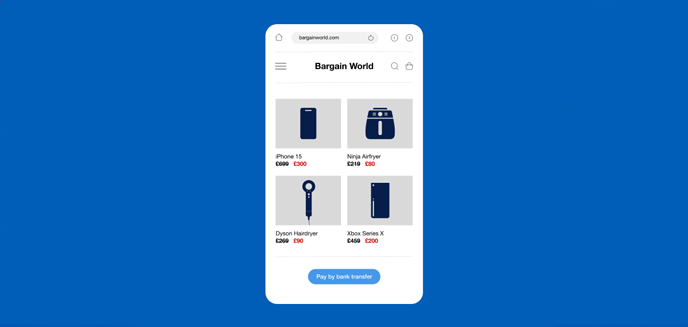Go paper-free
Amend paper-free preferences for your statements and communications.
Items at lower-than-normal prices, especially if they’re hard to find or sold out elsewhere, could be a scam.

Fraudsters offer items that are fake or don’t exist and may make you feel rushed into a decision by telling you someone else is interested.
If something looks too-good-to-be true, it could be a scam.

Fraudsters know how to create a site that looks good, with offers that pull you in.
If a website has many popular items for sale at very low prices, it could be a scam. If you’re unsure, use a website checker like the one on Get Safe Online.

You can’t always trust what’s on social media. Good reviews, pictures and followers can be false, and even recommendations may lead to a fraudster.
Genuine sellers would let you see an item before you buy, but fraudsters won’t. They’ll want you to pay upfront and in a way that offers no protection.
You can use the Lloyds Bank Smart ID app to share and swap details with someone else.
It may help you to check if an online seller is genuine.
Follow these steps to share and swap details:
You'll only share details when they accept to share their details and will get a share receipt in ‘your activity’.
You can also share and swap with people who have Post Office Easy ID or Yoti ID.